OCR GCSE (J277) Premium resources
Registered in England and Wales: 10442992
VAT Number: 290 9845 58
Telephone: 01452 947500
Email: admin@craigndave.co.uk
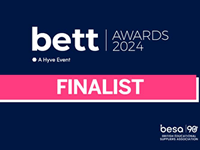
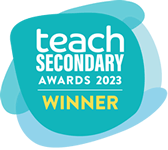
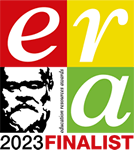
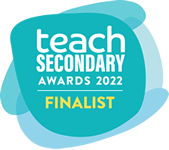
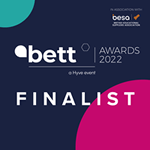
Registered in England and Wales: 10442992
VAT Number: 290 9845 58
Telephone: 01452 947500
Email: admin@craigndave.co.uk




